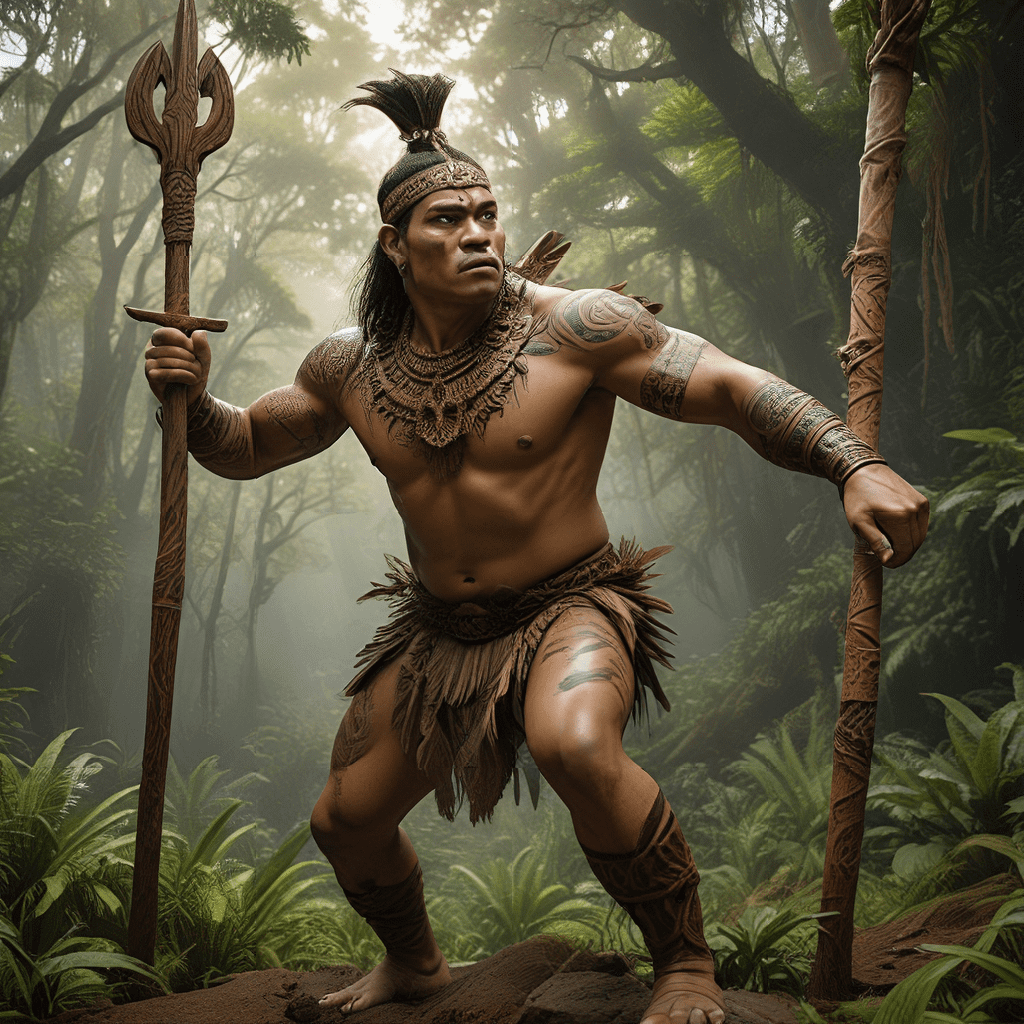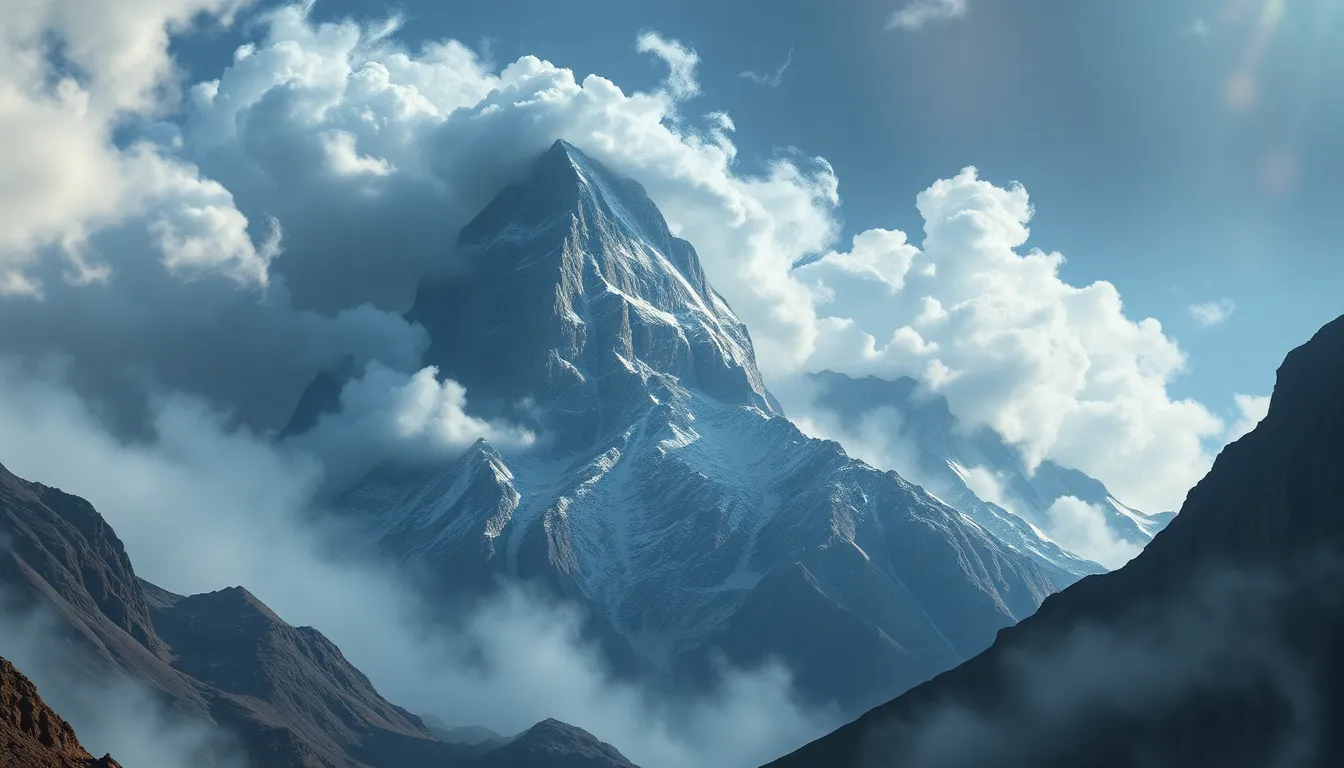Maori Mythology: A Tapestry of Survival and Adaptation
Maori mythology is a rich and complex tapestry woven from stories that reflect the experiences, beliefs, and values of the Maori people of New Zealand. These stories are not just entertaining tales; they are a vital part of Maori culture, offering insights into their history, their relationship with the natural world, and their ability to adapt and survive in a challenging environment. The myths are a powerful tool for understanding the resilience and ingenuity of the Maori people.
The Genesis of the Maori: From Migration to Creation
The Maori people are believed to have originated in Polynesia, migrating across the vast Pacific Ocean to New Zealand. The journey was long and arduous, demanding incredible navigational skills and an unwavering determination to reach their new home. The mythology surrounding this journey is filled with awe-inspiring tales of legendary voyagers, celestial guides, and divine intervention. The arrival in New Zealand marked a significant turning point in Maori history, leading to the establishment of new communities, the adaptation to a new environment, and the development of unique cultural traditions.
The Influence of the Natural World: A Foundation for Survival
The landscape of New Zealand, with its towering mountains, lush forests, and vast stretches of coastline, played a significant role in shaping Maori culture and mythology. The Maori people recognized the power and influence of the natural world, weaving it into their narratives and beliefs. They saw the land as a sacred entity, a source of sustenance, and a place of spiritual significance. Each element of the natural world, from mountains and rivers to birds and fish, possessed a unique spirit or deity that required reverence and respect.
Navigating the Ocean: The Expertise of the Polynesian Voyagers
The Maori people, like their Polynesian ancestors, were skilled navigators who could traverse vast distances across the ocean with remarkable precision. Their understanding of the stars, currents, and winds, combined with the use of traditional navigation tools, allowed them to chart a course across the ocean, connecting them to other Polynesian islands and ultimately leading them to New Zealand. Maori mythology features stories of legendary voyagers who braved the perils of the ocean, relying on their knowledge and courage to guide them to new shores. These stories celebrate the remarkable navigational skills of the Maori people and their deep connection to the sea.
Establishing a Home: The Significance of Land and Resources
The arrival in New Zealand marked a significant turning point in Maori history. The land became a source of life and identity. The Maori successfully adapted to the unique environment of New Zealand, developing a sophisticated understanding of the land's resources. They learned to cultivate crops, hunt and fish, and use the natural materials available to them for shelter and tools. This process of establishing a home in New Zealand is reflected in Maori mythology, with stories that highlight the importance of land, resources, and the interconnectedness of humans with the natural world.
Facing Challenges: From Natural Disasters to Internal Conflict
The Maori people faced numerous challenges in their new homeland, from the unpredictable forces of nature to the complexities of human relationships. Earthquakes, volcanic eruptions, and storms were constant reminders of the power and unpredictability of the natural world. Maori mythology reflects these challenges through stories of gods and goddesses who shaped the landscape and controlled the elements. They also developed intricate systems of beliefs and rituals to appease the gods and seek protection from natural disasters. These stories highlight the Maori people's resilience and their ability to adapt to the challenges of their environment.
Internal conflict was a reality for the Maori people, as competition for resources and territory led to clashes between different tribes. These conflicts are reflected in Maori mythology through stories of heroes, warriors, and battles, providing insights into the social structures and power dynamics of that time. However, these stories also emphasize the importance of reconciliation and the need for peace and unity within the community.
Embracing Change: Adapting to New Landscapes and Environments
The Maori people demonstrated remarkable adaptability in their new home. They mastered the cultivation of indigenous plants, developed new fishing techniques, and adapted their traditions to the unique landscape of New Zealand. These changes were reflected in their mythology, with new gods, spirits, and legends emerging to explain the new environment and their interaction with it. The rich array of stories about the transformation of the land, the origins of flora and fauna, and the interactions between humans and the supernatural, demonstrate their ability to adapt and thrive in their new environment.
Harnessing the Power of the Supernatural: Gods, Spirits, and Guardians
Maori mythology is deeply rooted in the belief of a spiritual world populated by gods, spirits, and guardians who influence the natural world and human affairs. The Maori created a complex pantheon of deities, each with their own domain and personality. These deities, such as Tane Mahuta (the god of forests), Rongo (the god of agriculture), and Tangaroa (the god of the sea), were interwoven into daily life, influencing rituals, ceremonies, and even the way people interacted with the environment. They believed that these supernatural beings could offer protection, guidance, and even punishment, making them powerful forces in their lives.
The Importance of Oral Tradition: Preserving and Passing on Knowledge
Maori mythology was primarily passed down through oral tradition, with stories and songs being shared from generation to generation. This tradition played a crucial role in preserving cultural knowledge, values, and history. The practice of storytelling became an essential element of Maori culture, strengthening social bonds, encouraging wisdom, and inspiring future generations. These stories were not simply entertainment; they were a way of connecting to their ancestors, understanding the world around them, and shaping their own destinies.
The Enduring Legacy: Maori Mythology as a Source of Strength and Identity
Maori mythology continues to be a powerful source of strength and identity for the Maori people today. These stories offer a unique perspective on their history, their relationship with the natural world, and their enduring ability to adapt and thrive. They provide inspiration and guidance, fostering a sense of community, and preserving cultural traditions. Maori mythology is a living legacy, passed down through generations, and continues to play a vital role in the modern world.
The Role of Mythology in Modern Maori Culture: Tradition and Contemporary Expression
Maori mythology has been adapted and incorporated into modern Maori culture in various ways. Artists, writers, musicians, and filmmakers draw inspiration from these stories, creating contemporary works that reflect their cultural heritage. These stories are also used in education and community programs, fostering an appreciation for Maori traditions and promoting cultural understanding. In a world of rapid change and globalization, Maori mythology remains a cornerstone of Maori identity, offering a sense of grounding, continuity, and pride.
FAQ
What is Maori mythology?
Maori mythology is a collection of stories passed down through generations, explaining the origin of the Maori people, their beliefs, and their relationship with the natural world.
What are some of the key themes in Maori mythology?
Key themes in Maori mythology include the importance of family, community, respect for nature, the power of the supernatural, and the resilience of the Maori people.
How does Maori mythology relate to the Maori language?
Maori mythology is intertwined with the Maori language. Many of the names of gods, spirits, and places in Maori mythology are derived from the Maori language, reflecting its rich cultural heritage.
What is the significance of Maori mythology today?
Maori mythology is a vital part of modern Maori culture, offering a source of identity, inspiration, and cultural continuity. It provides a framework for understanding the Maori people's past, present, and future.



